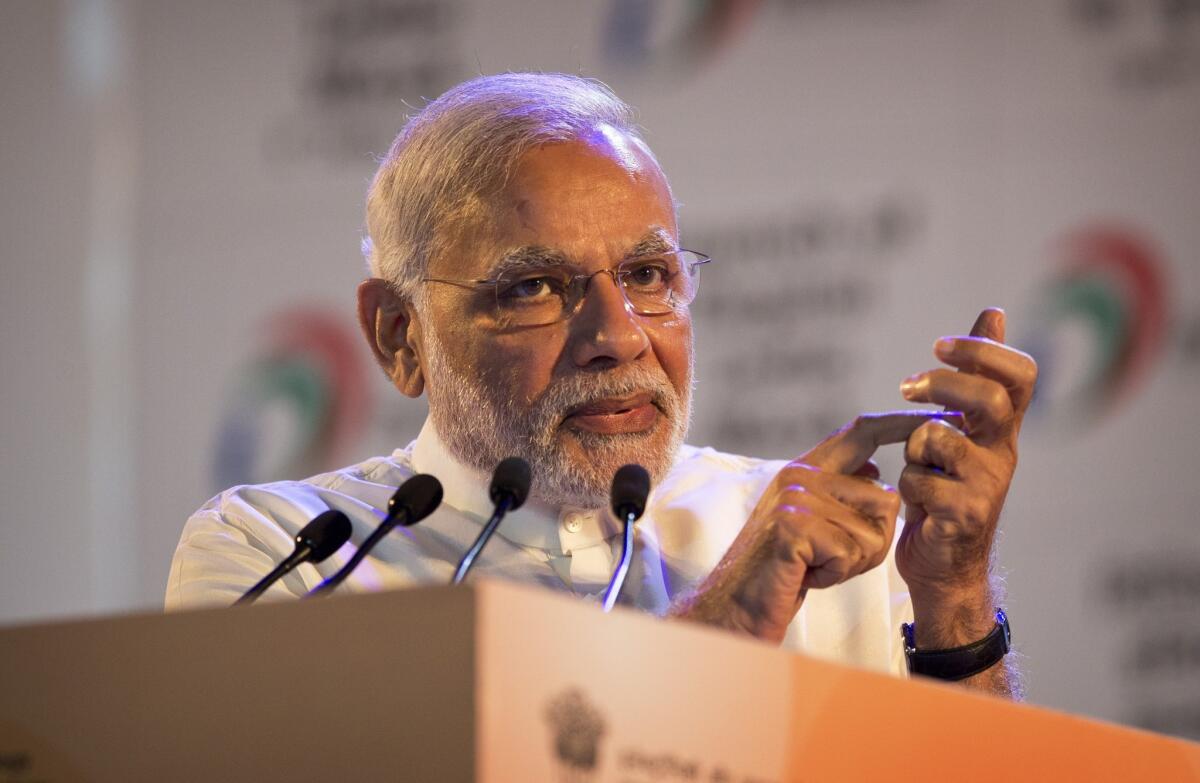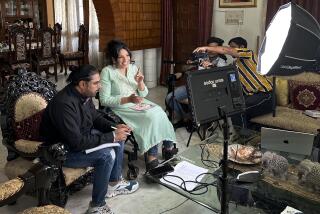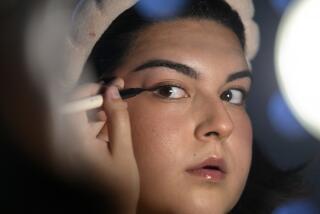Shunned by world leaders, TikTok has a growing impersonator problem

As TikTok catches fire among the younger set, world leaders and politicians have kept their distance amid national security concerns about the Chinese-owned app.
The vacuum is leaving room for impersonators to roam free. And TikTok’s efforts to dissuade such fake or misleading accounts are lacking, some social media experts say.
TikTok doesn’t yet have a robust verification system to certify accounts as authentic. Unlike Twitter Inc., TikTok’s previous community guidelines didn’t require parody accounts to clearly indicate they are not affiliated with the subject. A spokesperson said in practice TikTok does remove parody accounts not marked as such when they are flagged.
In updated community guidelines released Wednesday, TikTok bans users from posting as “another person or organization by using someone else’s name, biographical details, or profile picture in a misleading manner.”
Multiple TikTok accounts have claimed to be those of President Donald Trump. One popular one, with more than 13,000 followers, went by the handle “@donald.trump.officiall” (two Ls) and used the same profile picture as Trump’s real Twitter account.
After Bloomberg News contacted TikTok about that account and others for this story, the handle disappeared from the platform. TikTok says it didn’t remove the account, and the user has changed their handle independently. Trump doesn’t have an official TikTok account.
Trump isn’t the only big name targeted by spoofers. There’s also a “Bernie Sanders Team” account with more than 13,900 followers that posts regularly. A spokeswoman for the Sanders campaign said the account was fake, not associated with the Vermont senator, who doesn’t have an account on TikTok.
The accounts speak to TikTok’s immature account-verification efforts. ByteDance Inc., which owns TikTok, has emerged as the world’s most valuable startup — pegged at $75 billion by its investors, including SoftBank, in 2018 — on the explosive popularity of TikTok, now with more than a billion, largely young, users around the world.
Even as TikTok’s user base has grown, the company hasn’t shown signs of rigorous efforts to enforce rules on content, including the policing of fake or misleading accounts, according to Storyful, a social media intelligence company that seeks to verify content as authentic.
DJ Kang, chief executive of consumer research firm ValueChampion, described the platform’s lack of robust verification efforts as a “ticking time bomb.”
Moderating fake accounts and other types of false claims is a common issue for social media platforms, such as Twitter and Facebook Inc. Over the years, Facebook has increased its number of content reviewers globally, with about 150,000 staff now monitoring content 24 hours a day. TikTok declined to give a number of staffers who work on such issues in the U.S. or in China.
TikTok has been seeking to ramp up its U.S. safety team, hiring staff from Twitter, Facebook, Snap Inc. and other social media platforms. That team is led from California and has no moderators based in China, a TikTok spokesperson said.
The spokesperson said the @berniesandersteam handle was only a group supporting Sanders and that it was not impersonating the senator. The service doesn’t, for instance, comb through the app to proactively remove fake accounts. It says it removes them when it’s alerted to them.
Some users had apparently assumed @donald.trump.officiall was the real Donald Trump, leaving comments such as “Welcome Mr. President. A lot of us are new here, also.” To people casting doubts on its authenticity, the account replies, “sir, this is 100 percent me.”
Other world leaders have their own impersonators on TikTok, some clearly satirical and some ambiguous. The account under the handle of @.boris_johnson, which has more than 15,800 followers, frequently posts goofy videos under the mask of the U.K. prime minister. Its bio page says “Prime Minister Of The United Kingdom” and “Avid Brexiteer.” Boris Johnson’s office confirmed that the prime minister is not a TikTok user.
India’s Prime Minister Narendra Modi also has impersonators. One of Modi’s fake accounts says in its bio that it is the “Narendra Modi Official Account.” It has a fake blue “verification” check mark watermarked onto its profile photo, with a link to the official website of Narendra Modi in its bio page. TikTok is not one of the nine social media platforms listed on Modi’s website.
For the accounts that TikTok has verified — mostly celebrities like Will Smith — the service adds a blue check mark to the right of the profile photo, and marks them as a “verified account.” The check mark has become the standard indicator across social media of account verification.
Meanwhile, American politicians have urged an investigation amid concerns over the vulnerability of data on the platform and potential censorship. ByteDance’s 2017 purchase of the business that became TikTok has been under review by the Committee on Foreign Investment in the U.S.
ByteDance has reportedly considered selling a chunk of TikTok if necessary to protect the value of the business. A company representative has denied such talks.






